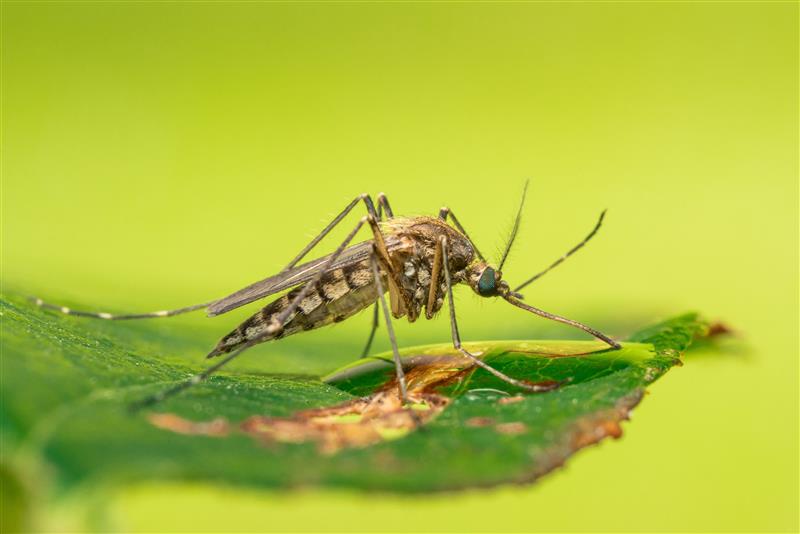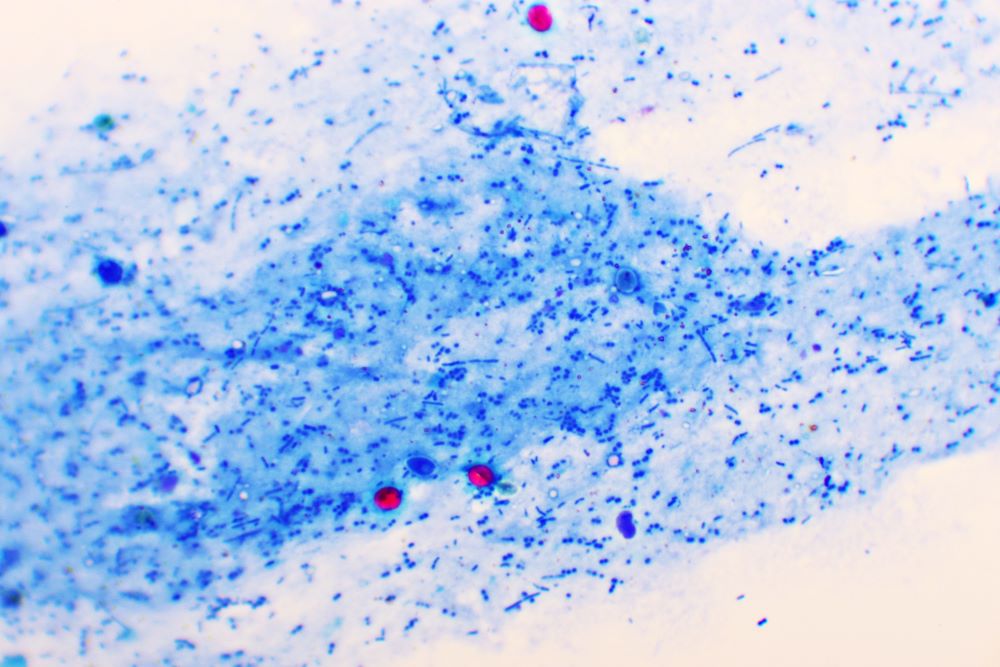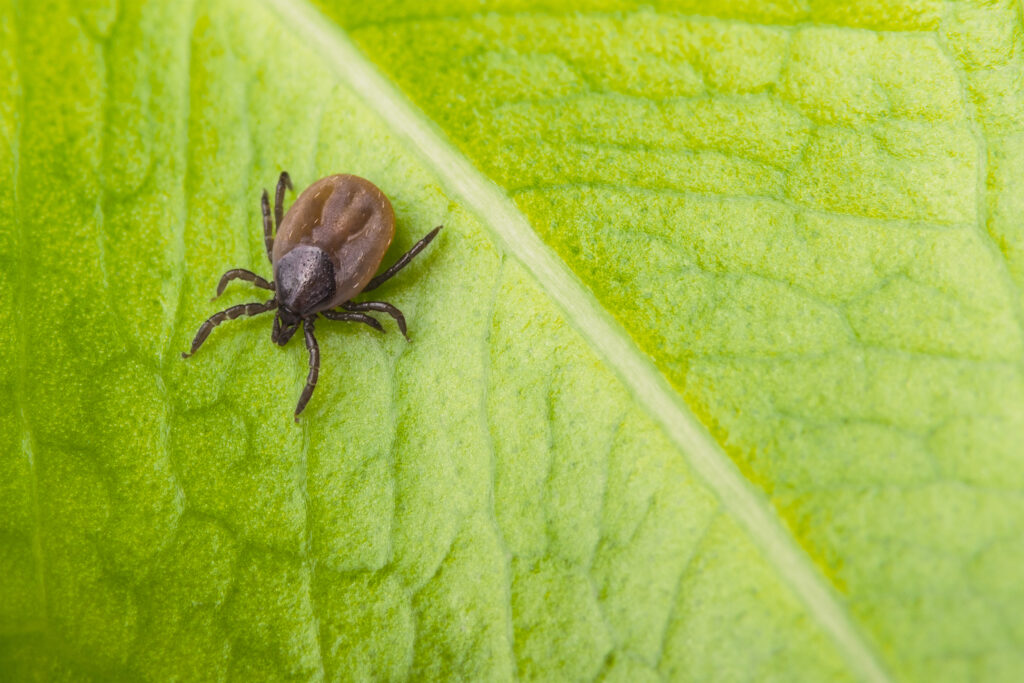How we protect the UK from vector-borne diseases like dengue and West Nile virus

As West Nile virus is detected in mosquitoes collected in the UK for the first time, we take a look at how UKHSA is protecting the UK from vector-borne diseases
Posts about the work of the Health Protection directorate

As West Nile virus is detected in mosquitoes collected in the UK for the first time, we take a look at how UKHSA is protecting the UK from vector-borne diseases

We introduce the new campaign to Keep Antibiotics Working, fronted by our mascot Andi Biotic, and look at why we all need to be more aware of Antimicrobial Resistance (AMR).

On World TB Day 2025, we look at the most recent data, which showed a rise of 13% in reported numbers of cases in England between 2023 and 2024.

NOIDs publishing has been paused from 3 April 2025 while UKHSA undertakes development work to improve the completeness of what is published compared with what is reported to UKHSA Health Protection Teams by doctors. This pause is timed to also …

Cryptosporidium [pronounced krip-toe-spuh-RID-ee-um] is a microscopic parasite that can cause an unpleasant – and sometimes dangerous – illness called cryptosporidiosis. This nasty bug lives in the intestines of infected humans and animals and is passed out in their poo. It …

This blog post was reviewed and updated in April 2025. Visiting a farm is one of the most enjoyable and educational experience outdoor activities for kids, but it carries a risk of infection from animals or the environment. Farm animals …

To help you stay safe this spring and summer, we've compiled a guide to protecting yourself from tick-borne infections. In this blog, you'll learn how to avoid tick bites, how to recognise the signs and symptoms of Lyme disease and TBE and when to seek medical assistance.

Established in 1957, the Royal College of GPs Research and Surveillance Centre is one of Europe's oldest general practice sentinel networks. It is an active research and surveillance unit that collects and monitors data from over 2000 practices across England and Wales.
The RCGP collaborates with the University of Oxford, and UK Health Security Agency (UKHSA) in the running of the RSC, and in this blog we will explore the importance of surveillance data how it underpins our understanding of our health across the nation.

This blog covers the risk factors for syphilis, its signs and symptoms, and how it can be prevented.

In this blog, Dr Mike Reynolds, Principal Scientist within the Emerging Infections and Zoonoses team, dives into the daily work he and his colleagues do to keep you safe.